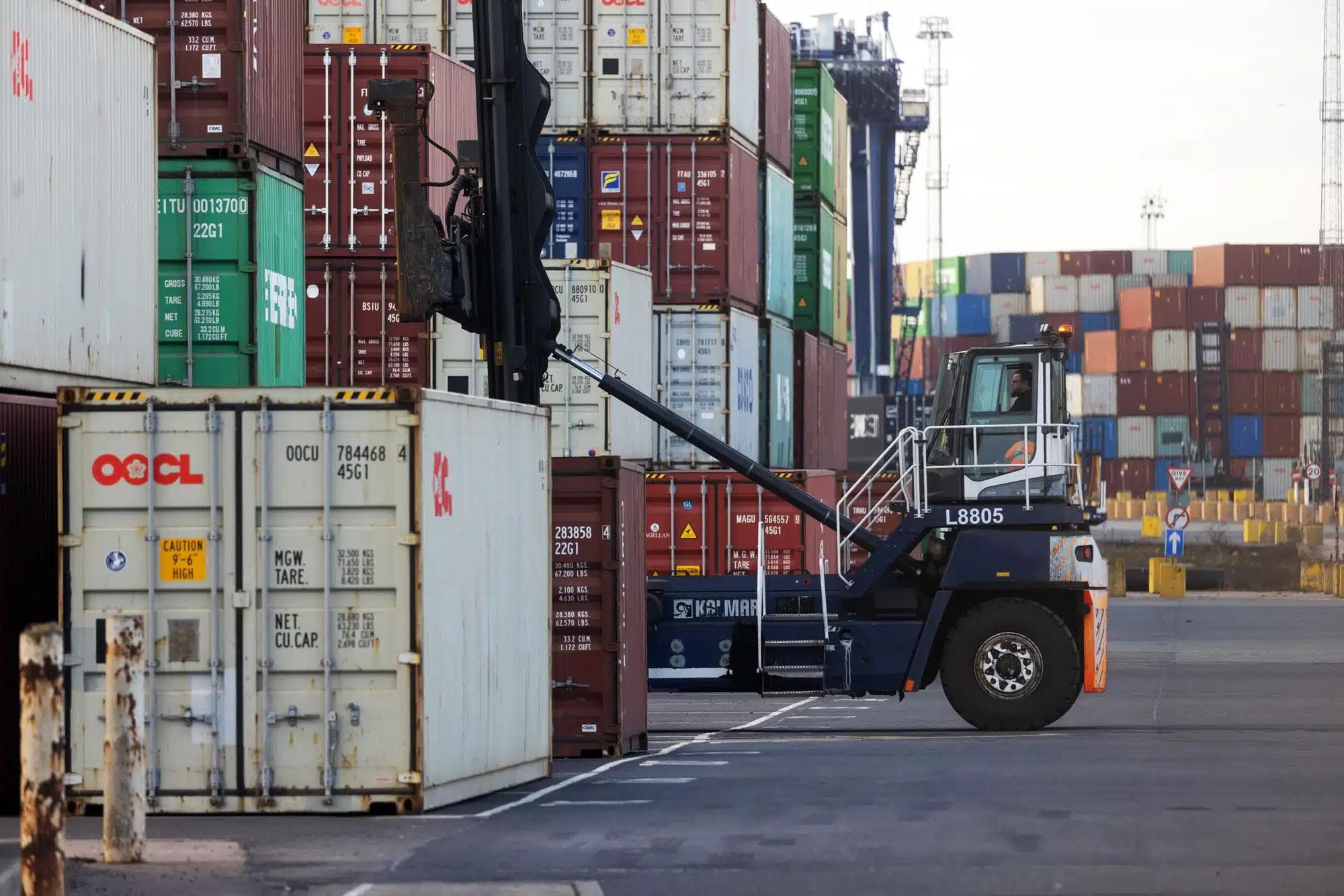CBIC Introduces Trade Facilitative Measures for Transshipment

In a significant move to enhance air cargo operations, the Central Board of Indirect Taxes and Customs (CBIC) has announced several measures aimed at improving infrastructure and streamlining customs protocols. These changes, which align with the Union Minister for Finance’s Budget Speech for 2025-26, include the waiver of transshipment permit fees and the introduction of simplified procedures for the temporary import of Unit Load Devices (ULDs). These initiatives are designed to facilitate trade and ease compliance for logistics operators handling high-value and perishable goods.
Waiver of Transshipment Permit Fees
Effective April 24, 2025, the CBIC will eliminate the transshipment permit fee for all transshipment movements. This decision comes in response to the growing volume of trade and the delays experienced in the customs clearance process. Previously, logistics operators were required to pay a fee for each transshipment permit, which added to the complexity and cost of operations. By waiving this fee, the CBIC aims to simplify the transshipment process, making it more efficient for businesses engaged in the movement of imported cargo between customs areas, such as ports and container freight stations. The regulatory changes were formalized in Notification No. 30/2025-Cus (N.T), which outlines the new provisions.
Streamlining ULD Procedures
In light of the increasing air cargo volume, the CBIC has recognized the need for a more efficient process regarding the temporary removal of Unit Load Devices (ULDs) from customs areas. Traditionally, ULDs were off-loaded in air cargo complexes before clearance, which could lead to delays. To address this, the CBIC has introduced a simplified procedure for the temporary import of ULDs, aligning it with international best practices. Under the new guidelines, air carriers and console agents can execute a Continuity Bond, allowing them to temporarily import ULDs outside the customs area. This change shifts the responsibility for re-exporting the ULDs from the importer to the air carriers, although importers can still choose to take on this responsibility if they prefer.
Enhanced Transshipment Facilities
The CBIC has also operationalized the ‘All-India National Transshipment Bond’ at air cargo complexes since 2022. This facility is designed to streamline the bond submission process for airlines, reducing the need for multiple bonds at different customs stations for transshipment of import cargo. Additionally, the introduction of online filing for transshipment applications through ICEGATE has further simplified the process, allowing stakeholders to complete necessary paperwork without visiting service centers at air cargo facilities. These enhancements aim to reduce administrative burdens and improve the overall efficiency of air cargo operations.
Encouraging Stakeholder Participation
The measures introduced by the CBIC are part of a broader effort to ease compliance and facilitate trade at air cargo complexes. Airlines, console agents, and other stakeholders are encouraged to take advantage of these new facilities and procedures. By simplifying customs protocols and reducing costs associated with transshipment, the CBIC aims to foster a more conducive environment for trade, particularly for high-value and perishable goods. The Board Circular No. 15/2025-Customs, issued on April 25, 2025, provides further details on these initiatives, underscoring the government’s commitment to enhancing the efficiency of air cargo operations in India.
Observer Voice is the one stop site for National, International news, Sports, Editor’s Choice, Art/culture contents, Quotes and much more. We also cover historical contents. Historical contents includes World History, Indian History, and what happened today. The website also covers Entertainment across the India and World.
Follow Us on Twitter, Instagram, Facebook, & LinkedIn

